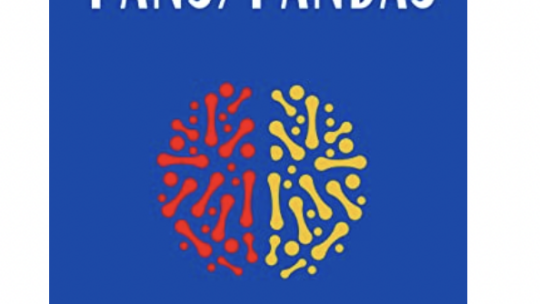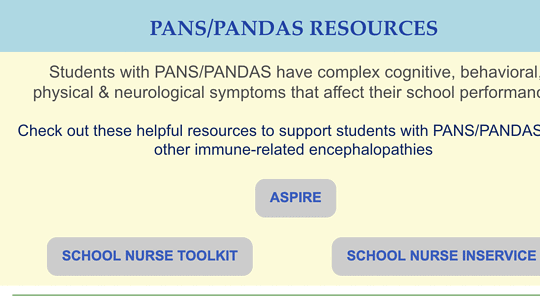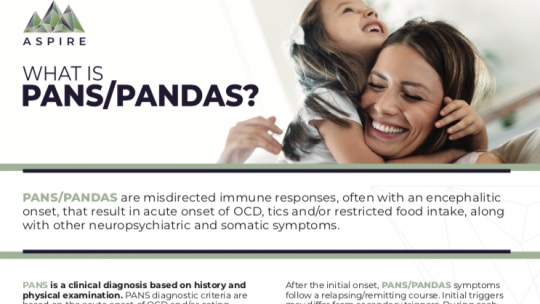Infection and speech: Disfluency and other speech symptoms in Pediatric Acute-onset Neuropsychiatric Syndrome
U Prosell, H Norman, A Sand, A McAllister, Infection and speech: Disfluency and other speech symptoms in Pediatric Acute-onset Neuropsychiatric Syndrome, Journal of Communication Disorders, 2022, 106250, https://doi.org/10.1016/j.jcomdis.2022.106250.
- Onset of speech disfluency in association with PANS or PANDAS was reported by 54.5% of the caregivers, supporting a connection between PANS and PANDAS and speech disfluency
- A possible link between infection and disfluency is reactualized from the 1900s
- Most frequent disfluency symptoms were
- higher speech rate, superfluous verbal behavior, verbal block, associated motor symptoms
- Previous findings of vocal tics, baby talk, and mutistic behavior are supported
- Reported disfluency shares several characteristics with stuttering and cluttering, but the caregivers did not consistently associate it with stuttering.
- Exposed previously unreported symptoms such as
- impaired articulation, reduced intelligibility, reduced speech production, language impairment
- Indicates a substantial impact on speech fluency, speech, and language in affected children, reducing quality of life.
- Eleven caregivers reported that medical treatment had a positive effect on speech fluency






